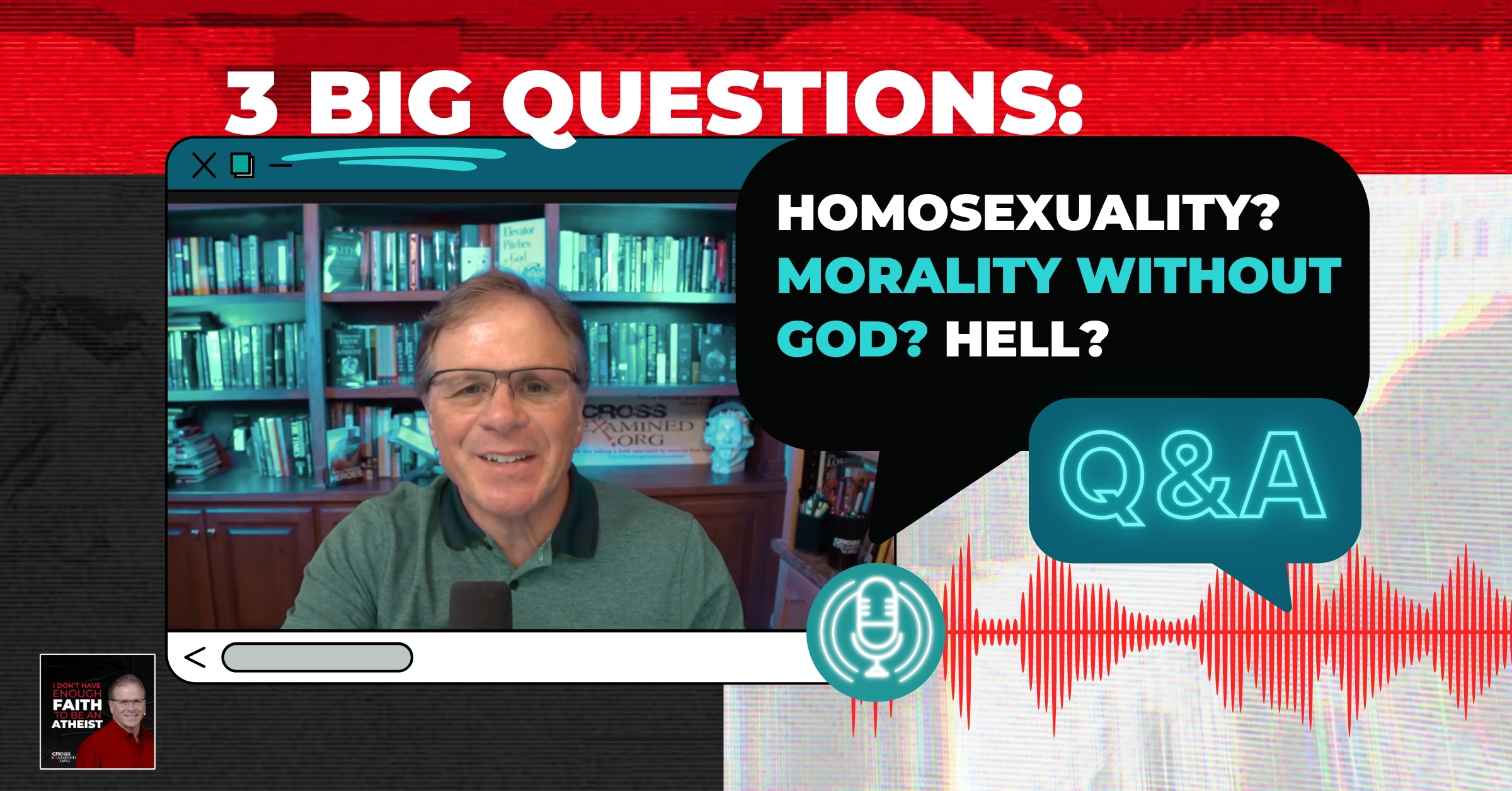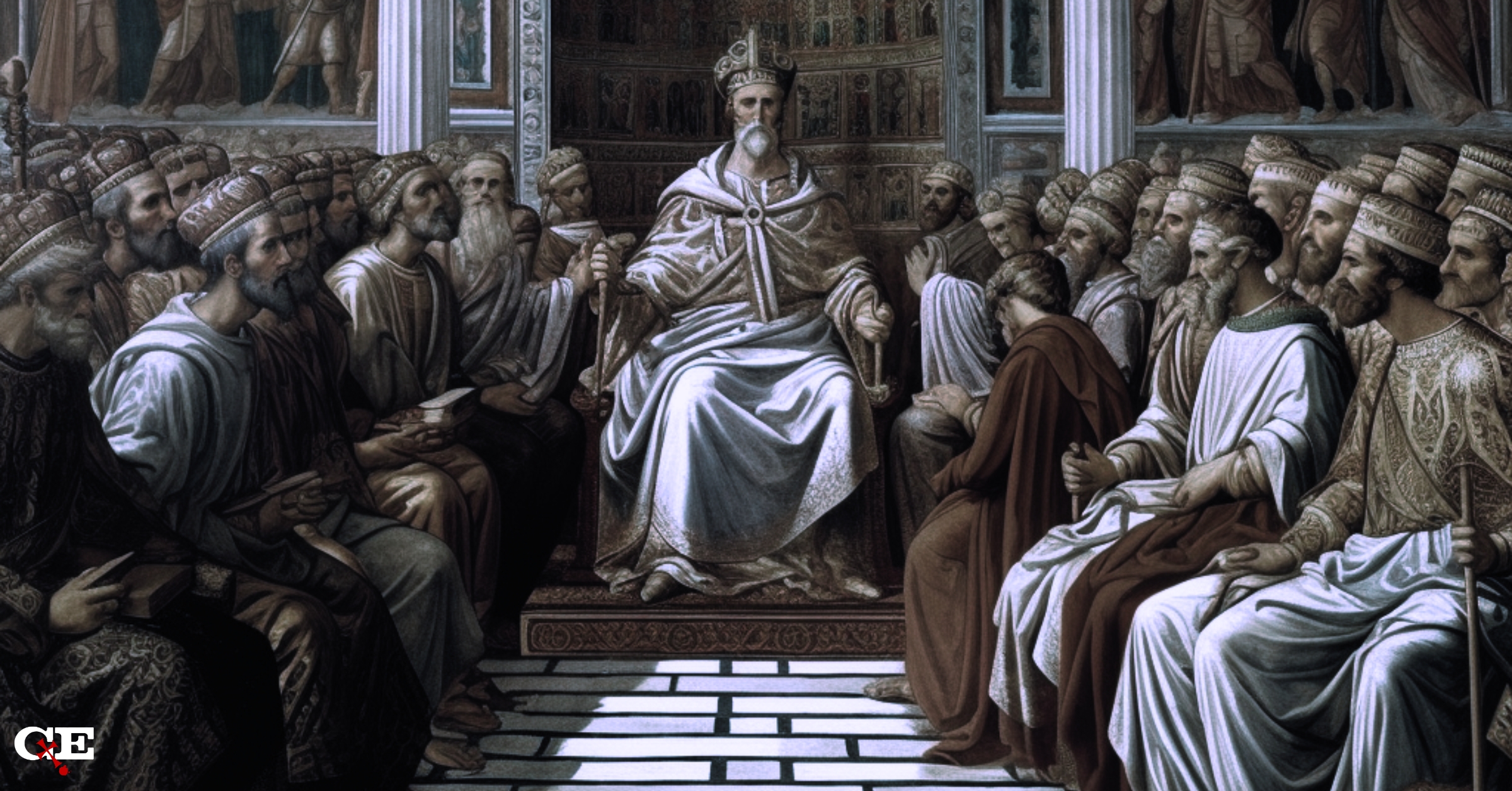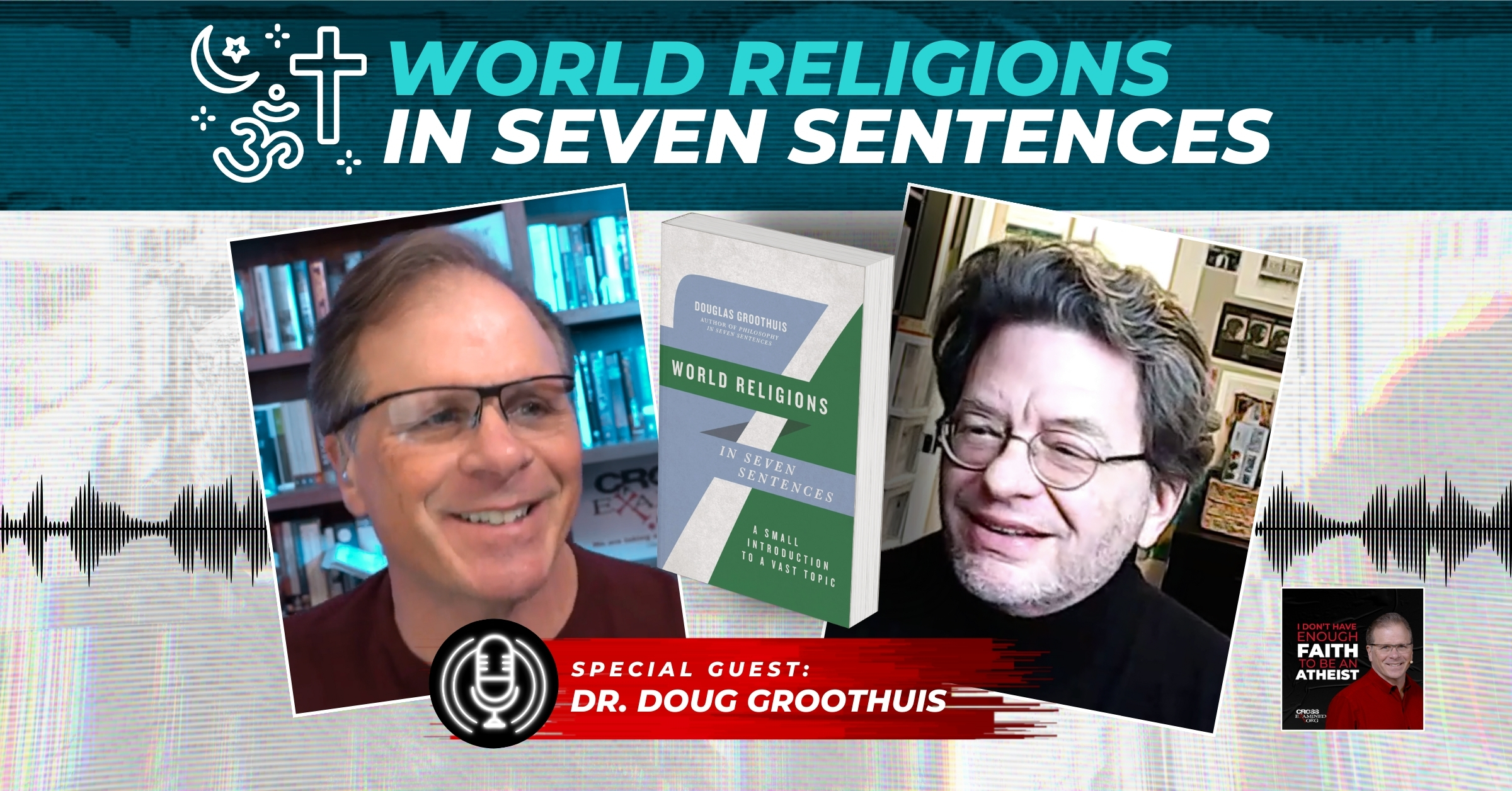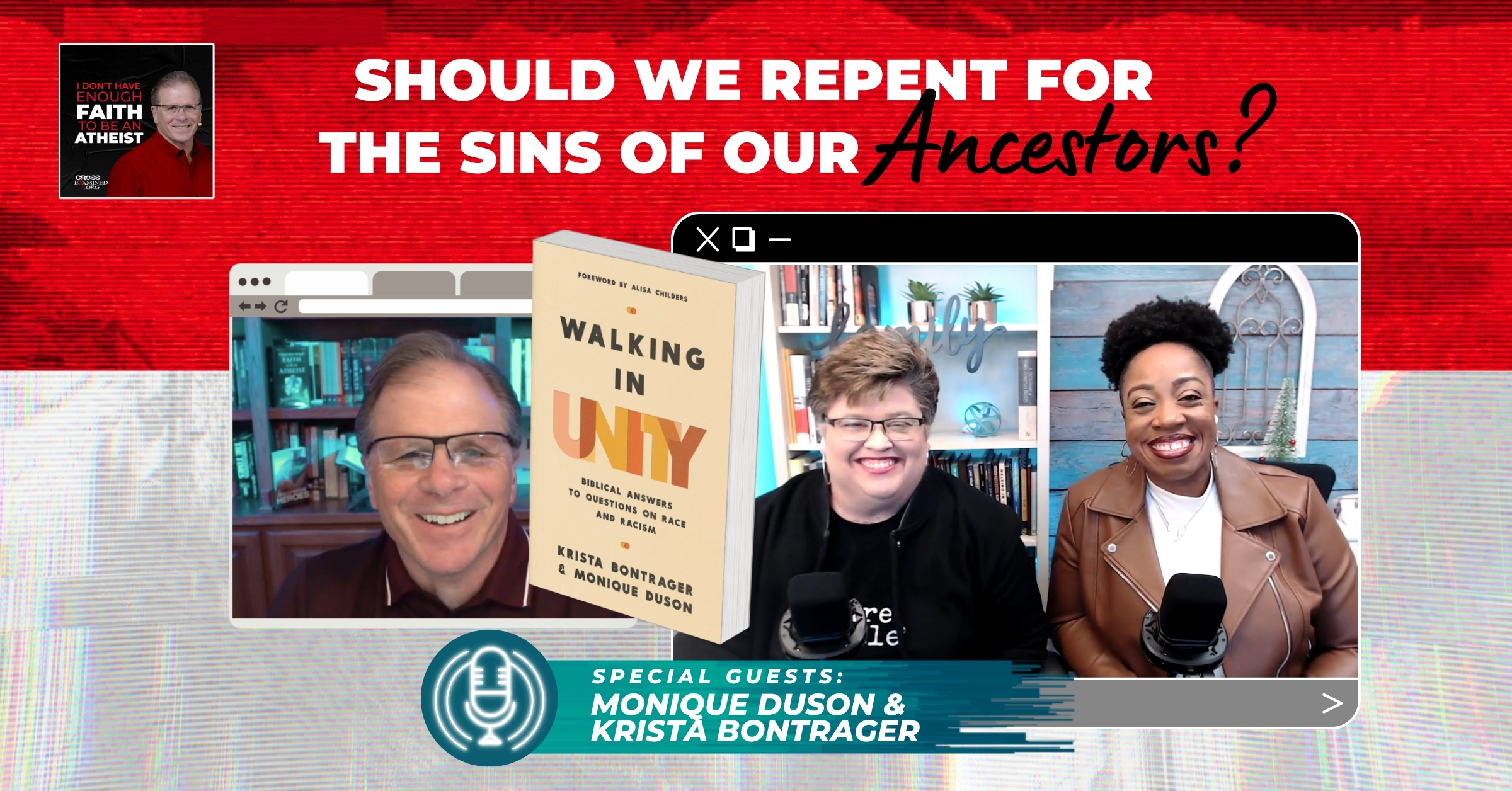There are a lot of things that are true but are hard to believe, but the fact that the Creator of our universe has pooped in a diaper is a big one. I mean, really think about that. And if your first reaction is to think that the opening line of this post sounds crass (which is a natural reaction given Who we are talking about), you are only reinforcing the point I’m about to make:

Our all-powerful almighty God entered into this broken and dangerous world as a helpless baby. The One we worship above all else fed at His mother’s breasts and, yes, even pooped in His diaper. Although the song “Away in a Manger” suggests our Savior didn’t cry, I just don’t buy it. He was fully human. He cried, and His earthly parents most assuredly had sleepless nights just like you and I. The Creator who hung all the stars and planets into the cosmos endured the messy and painful experience of birth and just eight days later, circumcision! Our sovereign God chose to be born to a regular family in the small and insignificant town of Bethlehem. What greater example of humility could we ever even conceive of? Humbly our Lord, Creator of all things, became a man.
What exactly do we mean by “humble”?
Humility is a culturally-approved trait. For the most part, we all agree that to be humble is a good thing, and to be arrogant is a bad thing. Naturally, this provides a fantastic opportunity for the enemy to step in and engage in a little “linguistic Grinching,” (normally known as “linguistic theft” during non-holiday seasons). This is a sneaky little tactic in which a word is covertly stolen to be used with a new meaning to make the new meaning more acceptable. Since humility is a character trait that Christians are to emulate (Colossians 3:12), we mustn’t become deceived into accepting a different meaning. Let’s first seek a biblical definition of “humble” and then we can take a look at how the word has been redefined.
The words “humble” and “humility” are littered all over the pages of Scripture. While the Bible doesn’t give us an explicit dictionary definition, it does give us plenty of context to present what humility looks like. Some examples are:
- Valuing others above oneself (Philippians 2:3)
- Submitting to God and being purified by Him (James 4:7-8)
- Grieving our sinfulness (James 4:9)
- Being teachable to learn and keep God’s way (Psalm 25:9-10)
- Seeking God and turning from wicked ways (2 Chronicles 7:14)
We should also examine what character traits directly oppose “humility”:
- Pride (James 4:6)
- Exalting oneself (Matthew 23:12)
- A haughty spirit (Proverbs 16:18)
- Rivalry and conceit (Philippians 2:3)
- Confidence in one’s own righteousness (Luke 18:9-14)
Humbling ourselves involves gaining a more accurate view of ourselves. We must recognize our own sinfulness and submit ourselves to God for purification.Click To Tweet
And we must follow God and learn from Him. We must not be haughty or conceited. We must not be confident in our own righteousness nor try to exalt ourselves above others. This is what it means to be humble according to God’s Word. But I am seeing an unrelenting attempt to redefine the word and much of that attempt seems to be coming from leaders within the Progressive Christian movement.
How the Linguistic Grinch Stole “Humble”
Be on the lookout for using “humility” to replace or imply “uncertainty.” When the word “humble” is misused, those who wish to emulate humility could become misguided. Let’s take a look at three examples of linguistic theft where either the word “humble” has become synonymous with the word “uncertain,” or the word “arrogance” has become synonymous with “certainty.” And as is the Mama Bear way, with each quote we will need to “chew and spit” and discern truth from the lies.
Exhibit #1:
“Pilgrimage is a metaphor for humility. Pilgrimage encourages us to let go of the need to have final certainty on how we understand the Bible and be less prone to put up walls of division because we are more willing to discuss, explore, and change rather than proclaim, conquer, and defend.” ― Peter Enns
The idea here is that the uncertainty of our beliefs allows us the freedom to journey through our faith with an open mind, which in turn promotes unity rather than division. This pits absolute certainty (which is seen as divisive) against uncertainty (which is seen as humble). I have experienced the process of letting go of false beliefs and allowing God to give me a new worldview. And there are those who, in their pride, are too stubborn to thoughtfully consider a challenge to their firmly held beliefs. So, learning and growing are good things that we can affirm! But does that mean that we are to wander aimlessly changing our beliefs in any direction for our entire lives to remain humble? If in our experience certainty increases with learning, does that necessarily mean we are becoming increasingly prideful and arrogant?
“Merely having an open mind is nothing. The object of opening the mind, as of opening the mouth, is to shut it again on something solid.” ― G.K. Chesterton
Exhibit #2:
“If whatever communities we find ourselves in, we refuse the notion of “I’m right and you’re wrong,” and we come with a posture of humility and healing is our end goal, it changes everything.” ― Esther Joy Goetz
Here, we need to look at the difference between the “notion” of being right or wrong with the haughty attitude of someone who wants to be seen as “right” and humiliate those who they deem are “wrong.” How can anyone discuss or debate anything if they rid themselves of the “notion” of being right or wrong? How could truth vs. falsities ever be established? What we can affirm, though, is the rebuke against anyone who approaches others with arrogance. Having a “posture of humility” should be about one’s heart, not about their beliefs.
Exhibit #3:
“But, certainty is not what we should seek as Christians. It is comforting but diametrically opposed to faith. Certainty is merely hubris and arrogance masquerading as discernment.” ― Ashley Darling (Red Letter Christians)
In this quote, I want to focus on the word “arrogance” because it is pitted against certainty. Since arrogance is the opposite of humility, this is another way the enemy tempts us to embrace uncertainty as somehow virtuous. This quote requires some “chewing and spitting” especially when read in the context of the full article. The reason is that there are some good points made within the article, and we Mama Bears need to be careful not to reject the good along with the bad if we are to use proper discernment. That being said, for this post, I want to bring our attention to the blanket statement that Christians are not to seek certainty.
According to Hebrews 11:1 “Now faith is the assurance of things hoped for, the conviction of things not seen.” If assurance and conviction are words that biblically define “faith,” it seems obvious to me that God’s Word directly opposes the idea that certainty is “diametrically opposed to faith.” I don’t know about you, but I’m going to go with God on this one.
Why the Linguistic Grinch stole “Humble”
It’s one thing to know what tactics the enemy uses against us. It is another to understand why he uses them and why they are so effective. We need to understand what happens when we uncritically accept new definitions of biblical words, whether due to ignorance, pride, or apathy. Here is why I think linguistic theft of the word “humble” is very dangerous:
Suppose you can convince someone that it is arrogant to become too certain about their theology or beliefs and that it is humble and virtuous to remain uncertain. In that case, that person will likely live with a vague and confused sense of who God is and what he commands of us.
Mama bears, we don’t want that for ourselves or our children. We know that God does not want that for us either. He is a good Father, and He wants us to know Him and to live in peace, not confusion.
Our humble Savior’s gift of certainty
As we celebrate the birth of our Savior, we worship the God who entered our world in perfect humility. God did not have to do it this way. If He truly wanted His creation to journey through mystical spiritualism where questions mattered more than answers, then He could have remained in the spirit realm. Instead, what did He do? The Word became flesh, entering into world history, and providing His people the means to verify His claims objectively. Jesus embodies the Word of God, shows us the way, gives us life, and provides us with objective truth. We can be grounded in the certainty of His love because we can be certain of His claims. And as we draw near to Him, His Spirit transforms our hearts to conform us to His humble image. This is a certainty that does not bring pride and division, but peace and unity to those who love Him. Joy to the world, the Lord is come. Let Earth receive her King!
Recommended Resources:
How to Interpret Your Bible by Dr. Frank Turek DVD Complete Series, INSTRUCTOR Study Guide, and STUDENT Study Guide
Miracles: The Evidence by Frank Turek DVD and Mp4
Jesus, You and the Essentials of Christianity by Frank Turek (INSTRUCTOR Study Guide), (STUDENT Study Guide), and (DVD)
Oh, Why Didn’t I Say That? Is the Bible Historically Reliable? by Dr. Frank Turek DVD, Mp4, Mp3 Download.
Alexa Cramer is a Blog and Podcast Contributor and Video Content Creator with MamaBearApologetics.com. She’s also a homeschool mom of two. She became obsessed with apologetics after a season of doubt that nearly stole her faith. Alexa has a background in film and video and will willingly fight anyone who doesn’t agree that DC Talk is the best band that ever graced the earth.
Originally posted at: https://bit.ly/3OOBhxz










